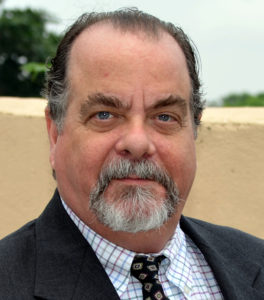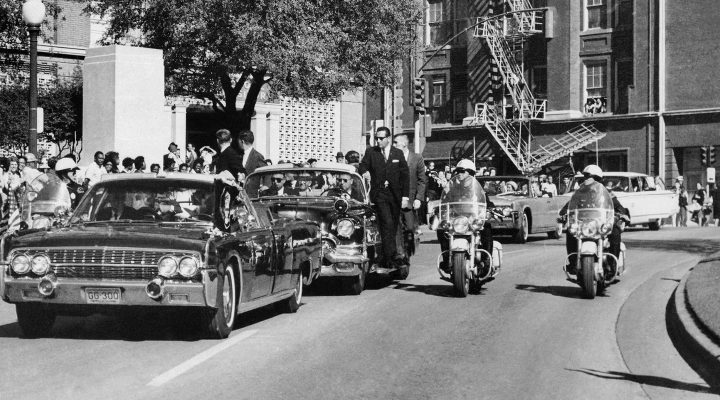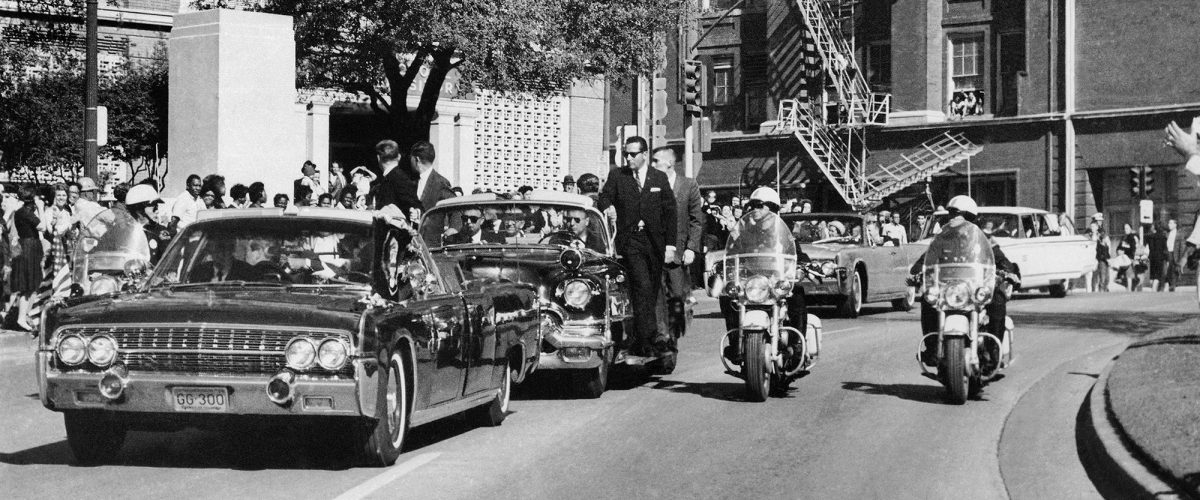I am a child of the 1950s, ’60s, ’70s and an early adult in the ’80s.
Over those decades geopolitics were complicated by the Korean War and then Vietnam. The simmering Cold War heightened anxiety and demanded political and military preparations were contributing factors.

Richard Wilson
Then came the turbulent social upheavals in the United States, most notably a spate of social and political assassinations or attempts. John F. Kennedy was gunned down in Dallas. Malcom X was picked off in New York City. Martin Luther King Jr. died on a balcony at the Loraine Motel in Memphis while advocating for sanitation workers. Months later, Robert F. Kennedy — a rising star in a season of political jockeying as a presidential candidate — met his demise after being shot in a hotel ballroom in Los Angeles. George Wallace was shot four times in Maryland and survived. He was an independent candidate for president. And Ronald Reagan survived an assault in 1981 in Washington, D.C.
As I write this on July 13, the specters of the past have reappeared.
Today there was an assassination attempt on presidential candidate Donald J. Trump. Reports are that he incurred a superficial wound to his right ear. It could have been worse. I am glad it was not.
There is one fatality and at least two seriously wounded victims. The alleged shooter was killed by Secret Service agents.
Soon after the assault, Robert Reich posted, this commentary, in part:
Today is no time to dwell on the direct and alarming connection between Trump’s political rise and the increase in political violence and threats of such violence in America.
Let me just say that in 2016, the Capitol police recorded fewer than 900 threats against members of Congress. In 2017, after Trump took office, that figure more than quadrupled, according to the Capitol police. The numbers continued to rise every year of the Trump presidency, peaking at 9,700 in 2021. In 2022, the first full year of Biden’s term, the numbers declined to a still-high 7,500. (The 2023 data is not yet available.)
Much more to say about all this. For now, though, please join me in doing everything possible to lower the hostility and anger now pervading American politics.
I concur with Robert Reich.
Let’s not return to the wrenching decades of the ’50s, ’60s, ’70s and ’80s.
Richard F. Wilson is emeritus professor of religion in the Columbus Roberts Department of Religion at Mercer University in Macon, Ga.
Related article:
Trump needs to be stopped with ballots, not bullets | Opinion by Mark Wingfield


